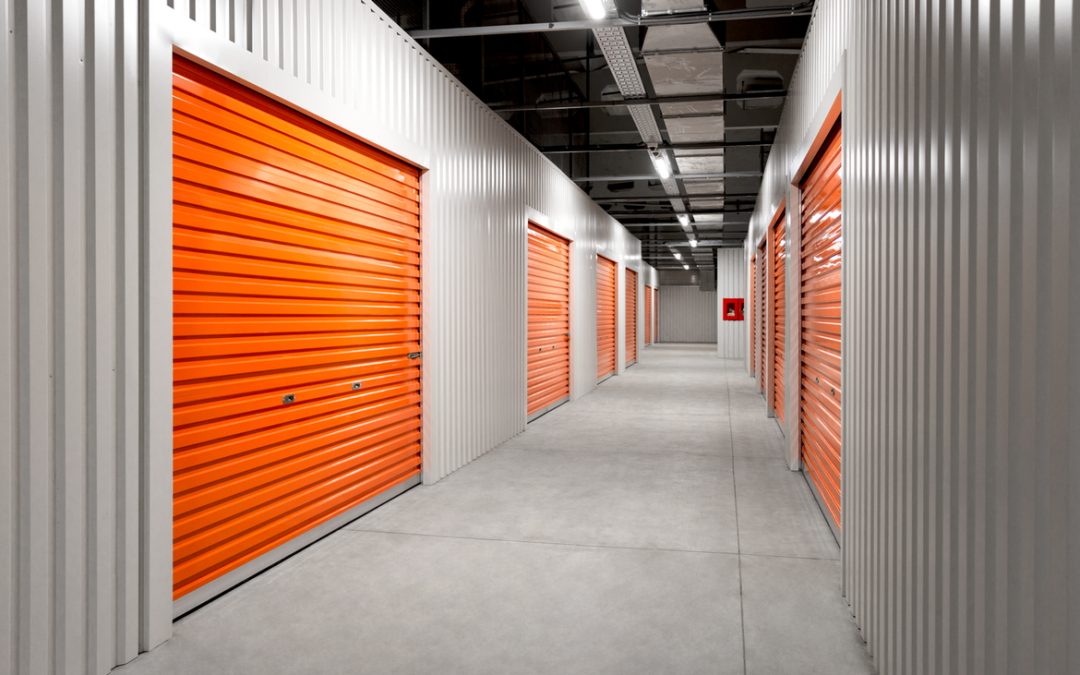Self-storage units are becoming more popular these days, and for a pretty good reason: people are learning just how helpful they are. As with all other things, however, there are still limits. Self-storage units are not black holes where you toss everything you own in while you can without thinking too much about it.
What’s a Self-Storage Unit?
As the name suggests, self-storage units are essentially places for storing your belongings. They can range anywhere from something resembling a locker to a warehouse-like space. Basically, tenants, individuals, and businesses alike rent out the units. At Jefferson Storage, we have units ranging from 4 feet by 5 feet to 20 feet by 10 feet.
Common reasons that people take on self-storage include, but are not limited to:
- Death
- Divorce
- Downsizing
- Dislocation
Across the industry, the factors above are referred to as the “4Ds of life.” Dislocation, in particular, generally means any move involving people who are transferring or situations like duplicated items coming from a marriage.
Keep on reading below to learn more about what you should and should not store in self-storage units.
DO STORE: Seasonal Items
While it may seem obvious, it’s worth noting to store your seasonal possessions. You only need your Christmas decor (trees included), camping gear, Halloween props, and the like during certain occasions. So the best possible place to put the scarecrows, tents, and any other seasonal stuff is in an off-property space that’s safe and spacious.
DON’T STORE: Hazardous Materials
When you see the word ‘hazardous,’ it’s natural to assume the extremes. That includes things like radioactive waste, human waste, and such. However, there’s more to it than that. Self-storage units cannot take things that are likely to explode and could catch or cause fires.
What does that mean, exactly? It depends on what you do and what your stuff involves. If you’ve got lawn equipment that needs to be put away for a time, drain any gasoline and oil. Other examples include:
- Aerosol sprays (such as cooking spray and hairspray)
- Fertilizer
- Mineral spirits
- Nail polish remover
- Paint thinner
- Weedkiller
Even certain non-hazardous liquids can create some trouble. Make sure things like beauty supplies or non-toxic paint are in airtight containers.
DO STORE: Household Goods
Self-storage units are usually full of household items. They include the likes of books, clothes, bathroom items, furniture, toys, and kitchenware. Any antiques, collectibles, and keepsakes fall under this category as well.
DON’T STORE: Perishables
Food that has to be put away in a refrigerator is generally classified as perishable. Think of dairy, meat, and even produce. In some cases, it can seem like short-term coolers can be a workaround. This is not true. As long as it’s something that can rot or perish or the like (yes, even that huge fish you caught on your last fishing trip), it does not belong in a self-storage unit for any period.
Conclusion
Self-storage units are incredibly convenient for a number of reasons. Businesses and individuals alike benefit from them. It’s key to store seasonal items and household goods, but it’s just as important to avoid putting away perishables and hazardous materials in your unit.
Are you looking for self-storage in Birmingham, Alabama? Reach out to Jefferson Storage today! We’ve got self-storage in Downtown Birmingham that you can use commercially or for personal needs.


Recent Comments